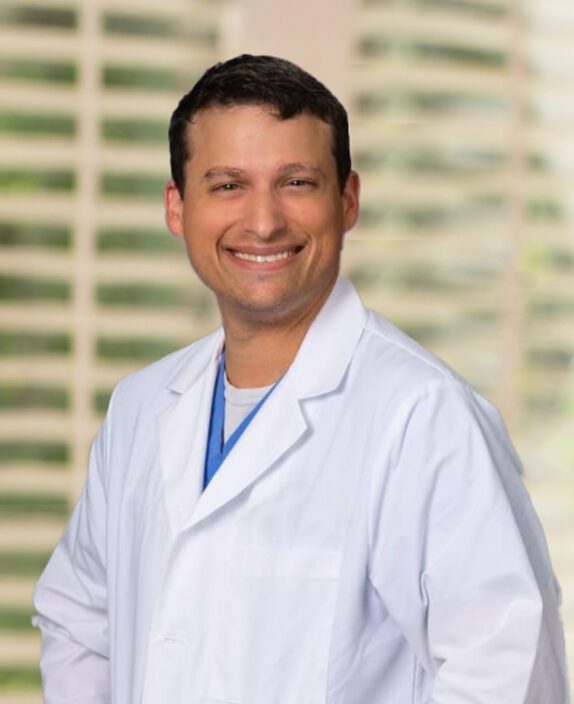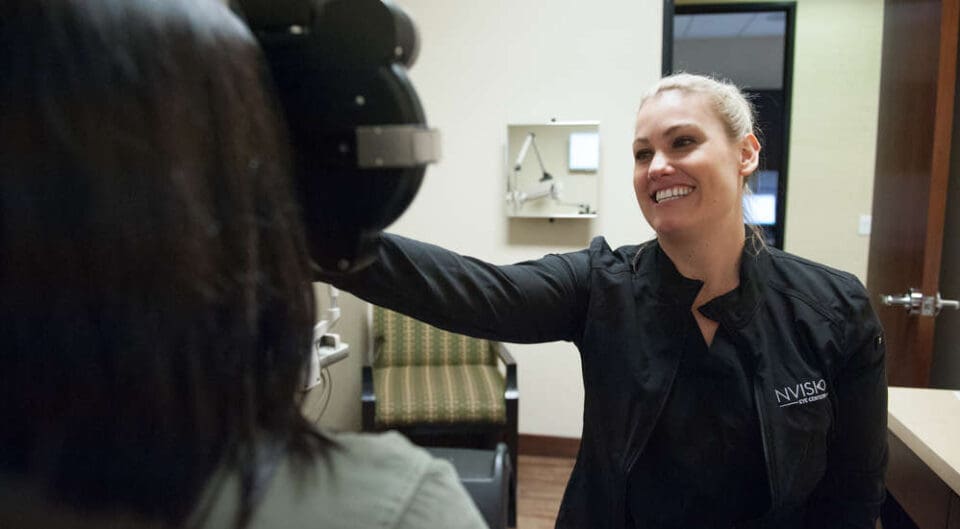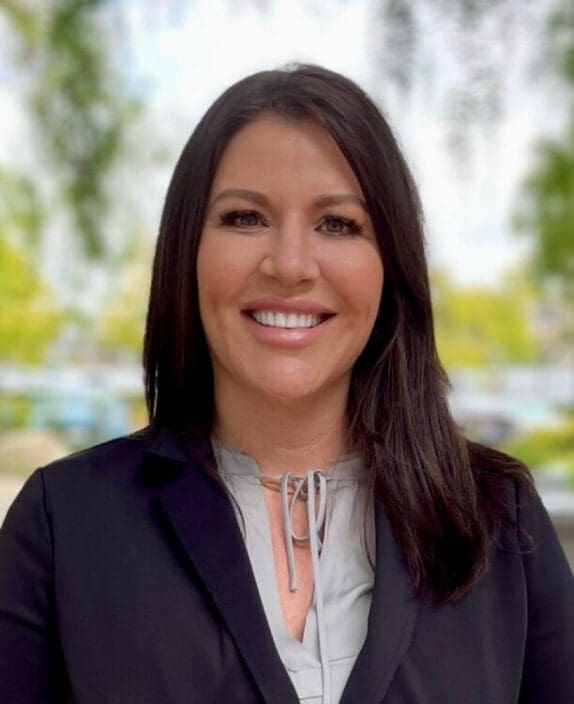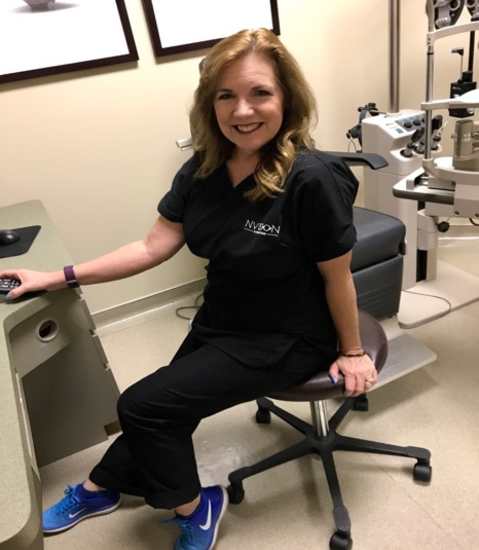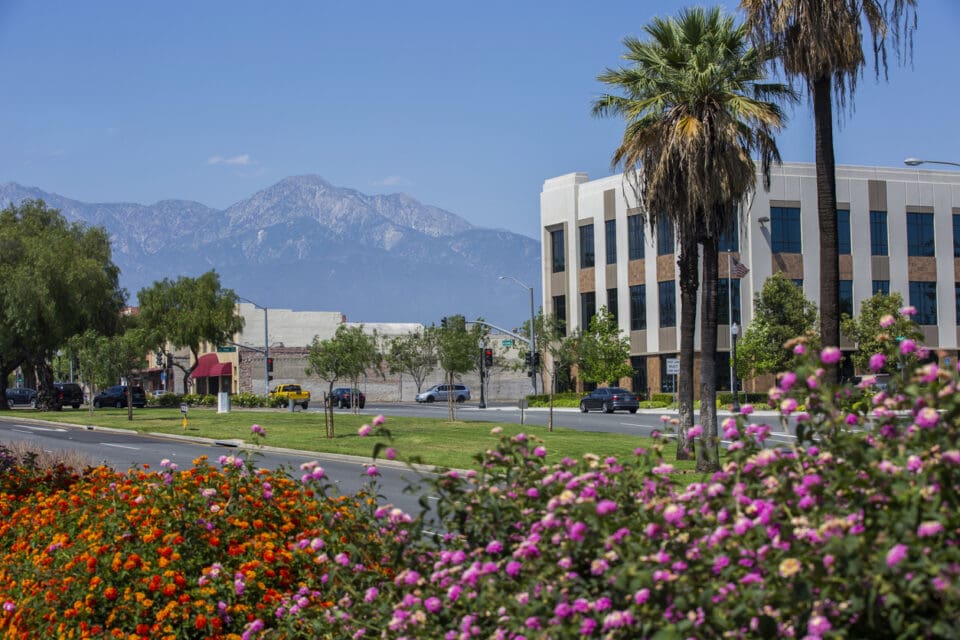
NVISION Eye Centers - Ontario
LASIK Eye Surgery, Cataract Surgery in Ontario
Our team of eye surgeons at NVISION® Eye Centers in Ontario, California is committed to ensuring the comfort and satisfaction of each and every patient, taking a personalized approach that’s tailored to your needs.
From our talented physicians to our highly trained staff, our goal is to provide every patient with an exceptional experience and life-changing results.
Learn more about LASIK Eye Surgery & LASIK Safety & Success.
Not sure if LASIK is right for you?

99% SUCCESS RATE 99% of NVISION patients see 20/20 or better after LASIK

RAPID RECOVERY Resume your normal activities in 24 hours

COMFORT-FOCUSED LASIK is virtually painless and completed in minutes
NVISION Eye Centers - Ontario
3155-D Sedona CtOntario, CA 91764
Mon - Fri: 8 AM - 5 PM
Saturday: Closed
Sunday: Closed
Hurry, Offer Ends Soon
Book now for $1,000 off LASIK* + Enjoy Easy and Fast LASIK Financing**
Vision Correction Procedures in Ontario
Today's life-changing procedures make it possible to improve your vision to 20/20—or better.
LASIK Eye Surgery
LASIK eye surgery is a safe, highly effective solution to correct vision and eliminate the need for glasses or contacts. At NVISION, our expert surgeons use state-of-the-art technology and advanced techniques to deliver exceptional results and have you back to your routine quickly.
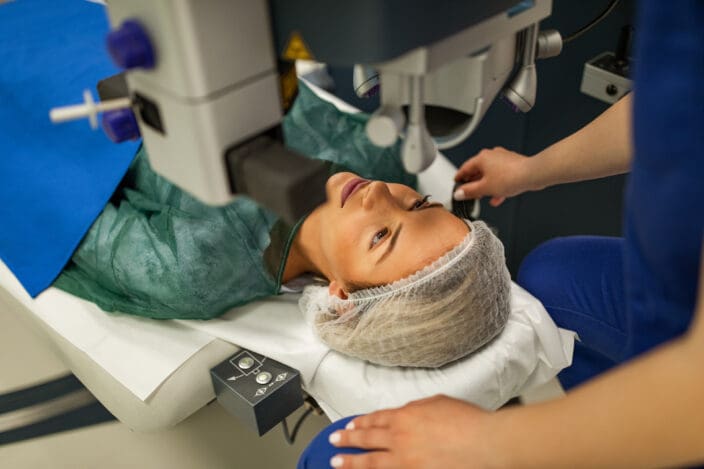
EVO ICL™ (Implantable Collamer Lens)
Say goodbye to glasses and contacts with EVO ICL™! This advanced procedure is an excellent option for patients who aren’t LASIK candidates. By placing a biocompatible lens in your eye—without removing the natural lens—EVO ICL™ corrects nearsightedness and astigmatism, providing clear, long-lasting vision.

Cataract Surgery
Cloudy vision holding you back? Our advanced cataract surgery, featuring laser-assisted technology and lifestyle lenses, can restore your sight and help you enjoy life’s moments clearly again.
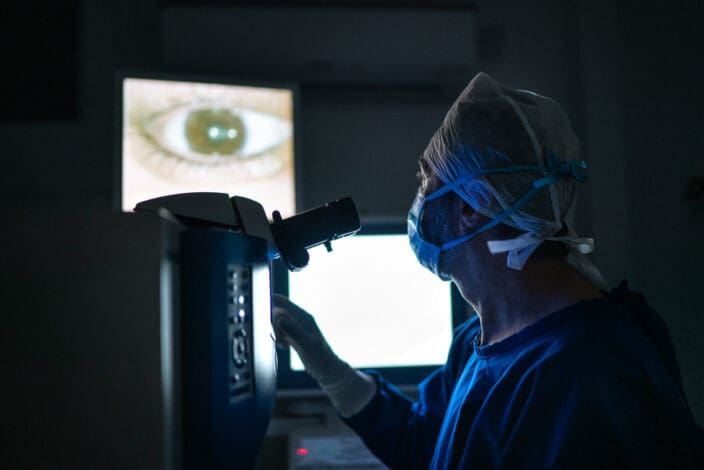
Refractive Lens Exchange (RLE)
Refractive Lens Exchange (RLE) replaces your eye’s natural lens with a clear, artificial one—improving your vision and reducing your dependence on glasses or contacts.
Sometimes called Custom Lens Exchange (or CLE), RLE is popular option for adults over 40 who want to correct nearsightedness, farsightedness, or astigmatism—and it’s a smart, preventative solution before cataracts ever develop.
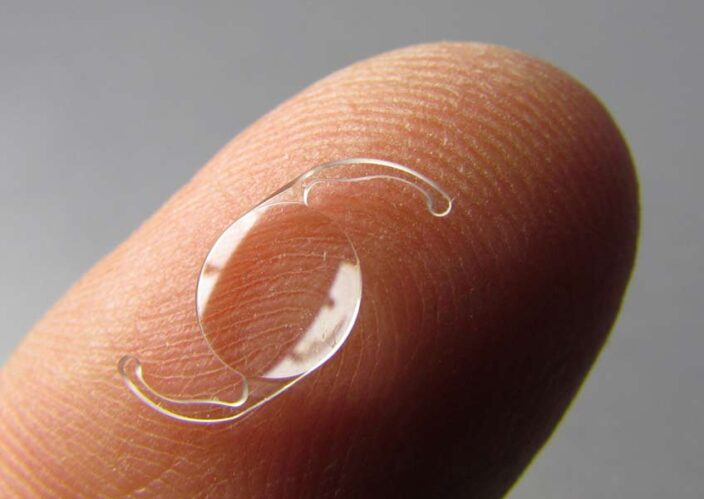
Other Procedures
PRK Surgery (Photorefractive Keratectomy)
What is PRK Surgery?
PRK Surgery (Photorefractive Keratectomy) is a type of laser eye surgery that is used to correct refractive errors such as nearsightedness (myopia), farsightedness (hyperopia), and astigmatism. PRK is an alternative to LASIK eye surgery and is particularly suitable for individuals who may not be candidates for LASIK due to certain corneal characteristics.
Overview of the PRK surgery process:
- Corneal Epithelium Removal:
- In PRK, the surgeon begins by removing the thin outer layer of the cornea called the epithelium. This can be done using an alcohol solution, a special brush, or a laser.
- Laser Reshaping of the Cornea:
- Once the epithelium is removed, a laser is used to precisely reshape the cornea. The laser ablates or removes microscopic amounts of corneal tissue based on the patient’s refractive error. The goal is to correct the curvature of the cornea and improve the focus of light on the retina.
- Healing Process:
- Unlike LASIK, where a corneal flap is created, PRK does not involve creating a flap. Instead, the corneal surface is allowed to regenerate naturally. The healing process involves the growth of new epithelial cells over the treated area.
- Post-operative Care:
- Following PRK surgery, patients are given medicated eye drops to aid in the healing process and prevent infection. Recovery may take a bit longer compared to LASIK, and patients may experience temporary discomfort during the initial days.
Key considerations for PRK surgery include:
- Corneal Thickness: PRK may be a suitable option for individuals with thinner corneas who may not be ideal candidates for LASIK.
- Occupational Considerations: PRK may be recommended for individuals with occupations or lifestyles that carry a risk of corneal injury, as it eliminates the creation of a corneal flap.
- Healing Time: The initial visual recovery may take longer with PRK compared to LASIK. Patients typically experience optimal vision several weeks after the procedure.
PRK is a well-established and effective procedure for vision correction, and its suitability depends on individual factors. It’s important to consult with an experienced refractive surgeon or eye care professional to determine the most appropriate laser eye surgery option based on your eye health and lifestyle.
Corneal Collagen Crosslinking (CXL)
Keratoconus is a progressive disease of the cornea. With collagen cross-linking (CXL), you can halt the progression of keratoconus by strengthening your cornea.
Dry Eye Treatment
Dry eye is an irritating, painful, and common condition in which the eye fails to properly produce quality tears. When left untreated, it may lead to ulcers and scars on the cornea.
Depending on the severity of your condition, there are a variety of treatments to relieve dry eyes.
Lifestyle Lenses
Lifestyle lenses are a premium lens option that offers a more functional range of vision, and are designed to reduce the need for distance and reading glasses.
We offer the latest and most advanced lifestyle lens on the market.
Intacs® Corneal Implants for Keratoconus
The surgical implantation of intracorneal ring segments or Intacs® is a minimally invasive surgical option to improve the corneal shape in patients with keratoconus.
Intacs® are surgically inserted into a thin channel created by a femtosecond laser in the periphery of the cornea. Intacs® is also known as surgical implantation of intracorneal ring segments.
Pterygium Surgery
Pterygium surgery is performed under topical anesthesia on an outpatient basis.
Monovision LASIK
Monovision lasik can treat presbyopia. One eye would remain slightly nearsighted while correcting your other eye for distance vision. With both eyes open, you’ll experience clear and comfortable vision both near and far.
Recommended Reading




We Accept Insurance
At NVISION Eye Centers, we work with many insurance companies to provide the best service possible for each of our patients. Below you will find a list of our current providers for this location. Please call us if you do not see your specific provider, as NVISION frequently adds new insurance companies and offers many out of network options.
- Aetna
- Cigna
- Health Net
- Humana
- Medicare
- UMR
- AARP
- Blue Cross of California
- UHC
- Blue Shield of California
- First Health
- Tricare
- Qualsight, LLC
- GEHA
- VSP (only accept this plan for lasik discount available)
- Eyemed (only accept this plan for lasik discount available)
Surgeons at NVISION Eye Centers - Ontario
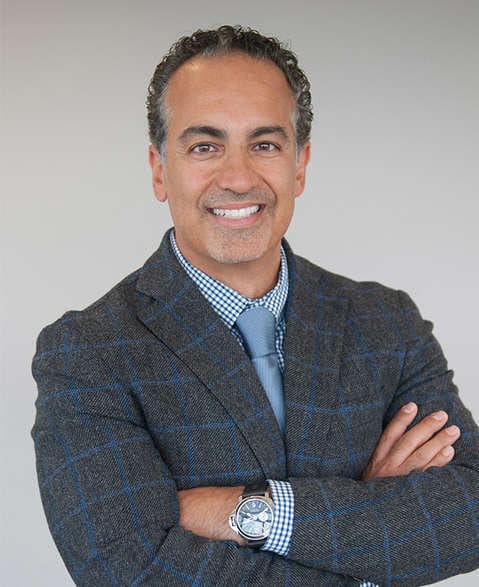
Dr. Pirnazar is known as the one of the best LASIK surgeons in Orange County, California. Having performed over 55,000 refractive and cataract surgeries, Dr. Pirnazar’s specialties include LASIK, PRK and cataract surgery. Thanks to his expertise, Dr. Pirnazar and his partners at NVISION were selected to be the official team ophthalmologists for the Los Angeles Chargers.

Dr. Huy Ly is a board-certified ophthalmologist specializing in the medical and surgical management of cataracts and glaucoma. In addition to performing the latest cutting-edge cataract techniques, he is also an expert in minimally invasive techniques for treating glaucoma, including laser trabeculoplasty, goniotomy, micropulse diode cyclophotocoagulation, and various minimally invasive stent devices.
The team at NVISION Eye Centers - Ontario
At NVISION® Eye Centers, we provide life-changing results, an exceptional experience, and a lifetime commitment to your LASIK vision correction.
- Industry-leading eye doctors and vision outcomes with more than 2 million successful procedures
- The most advanced laser and diagnostic technology available
- Financing available – no down payment, zero or low interest, low monthly payments
- Free LASIK consultations
- Use your FSA/HSA balance toward LASIK before it expires in December
Location – Ontario eye clinic
NVISION Eye Centers – Ontario, California
3155-D, 3155 Sedona Ct # D, Ontario, CA 91764
(909) 698-9780
